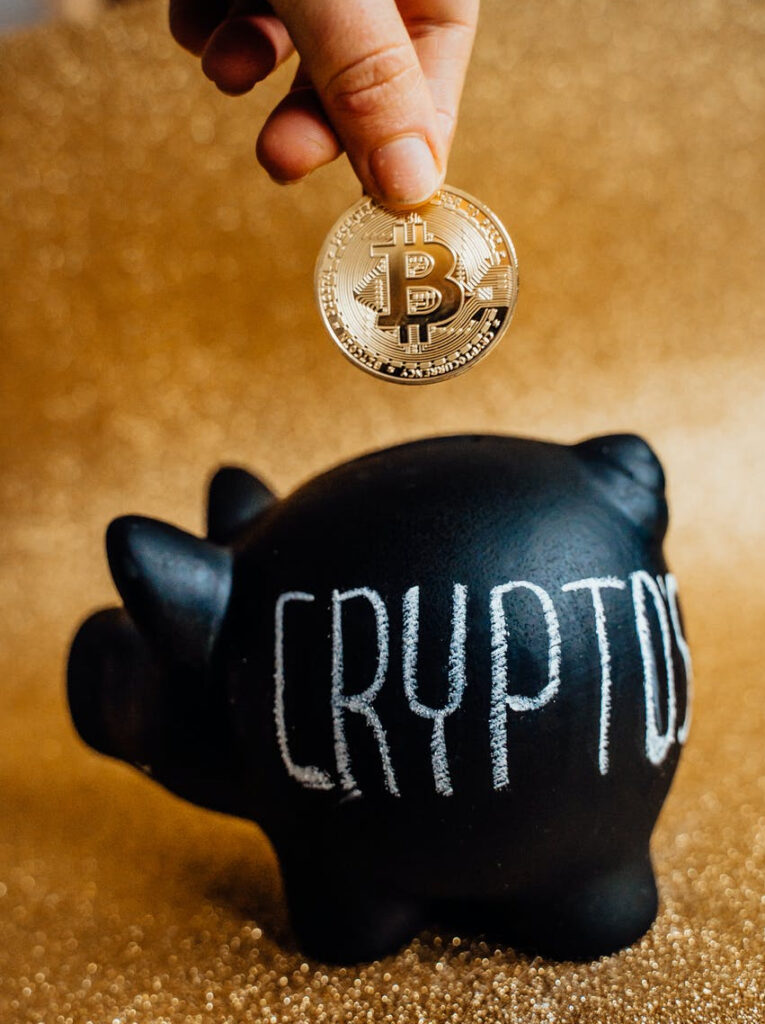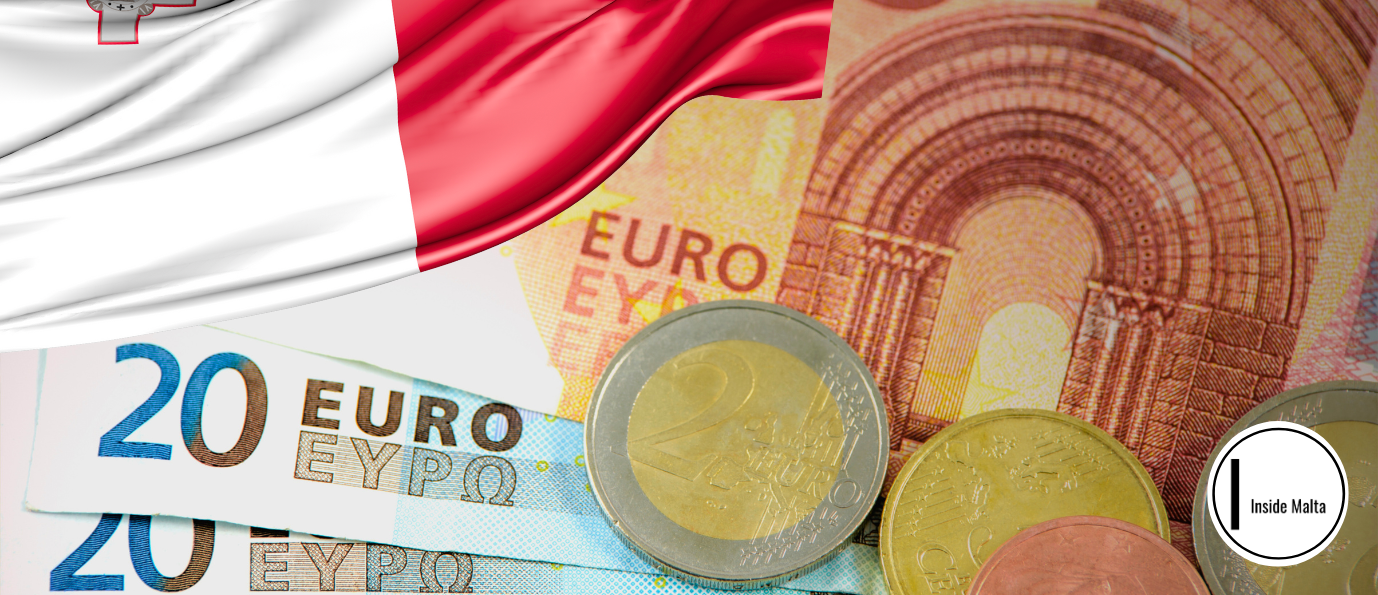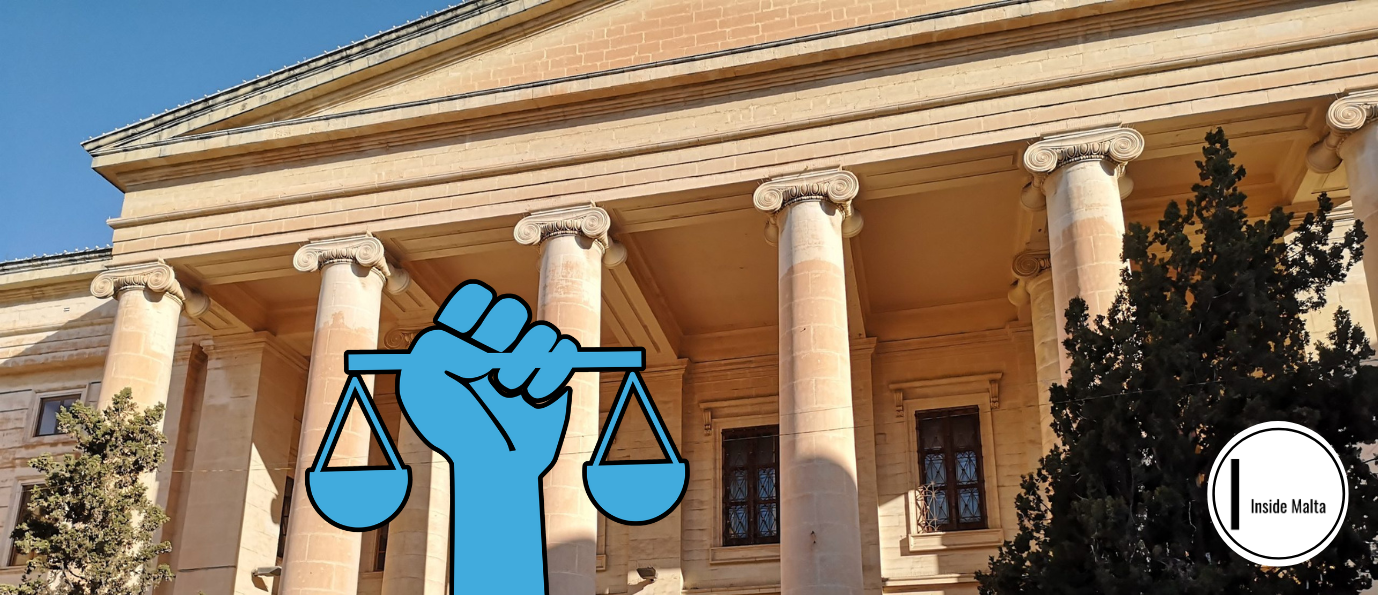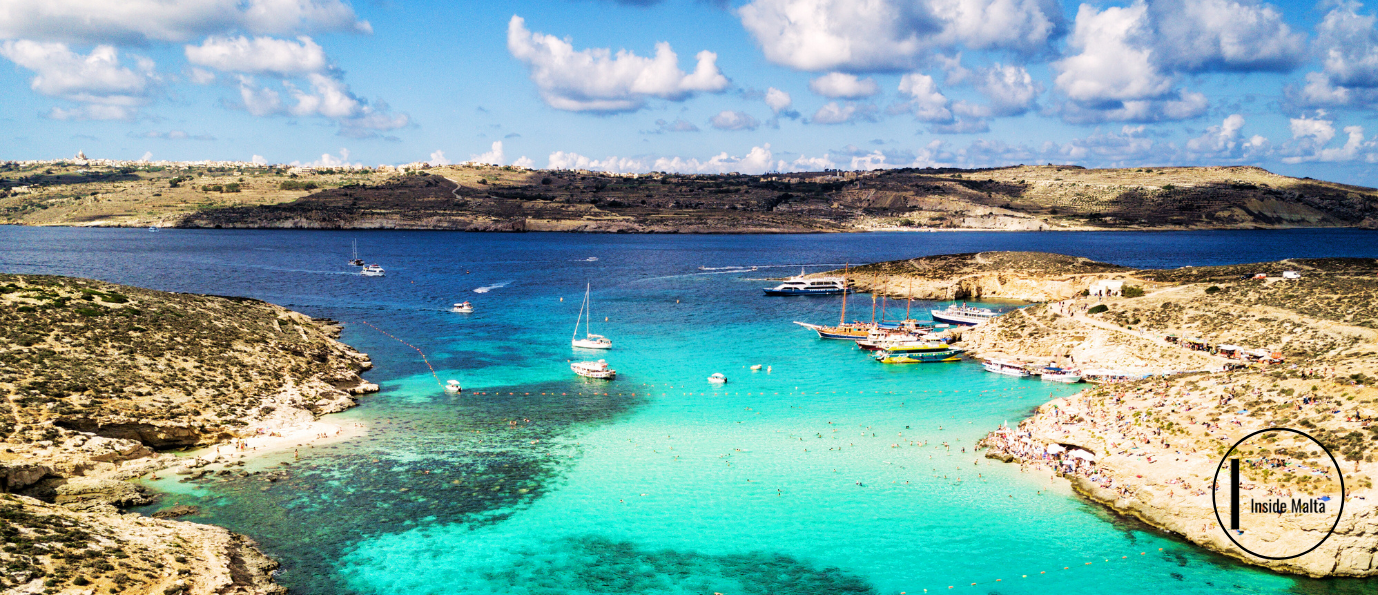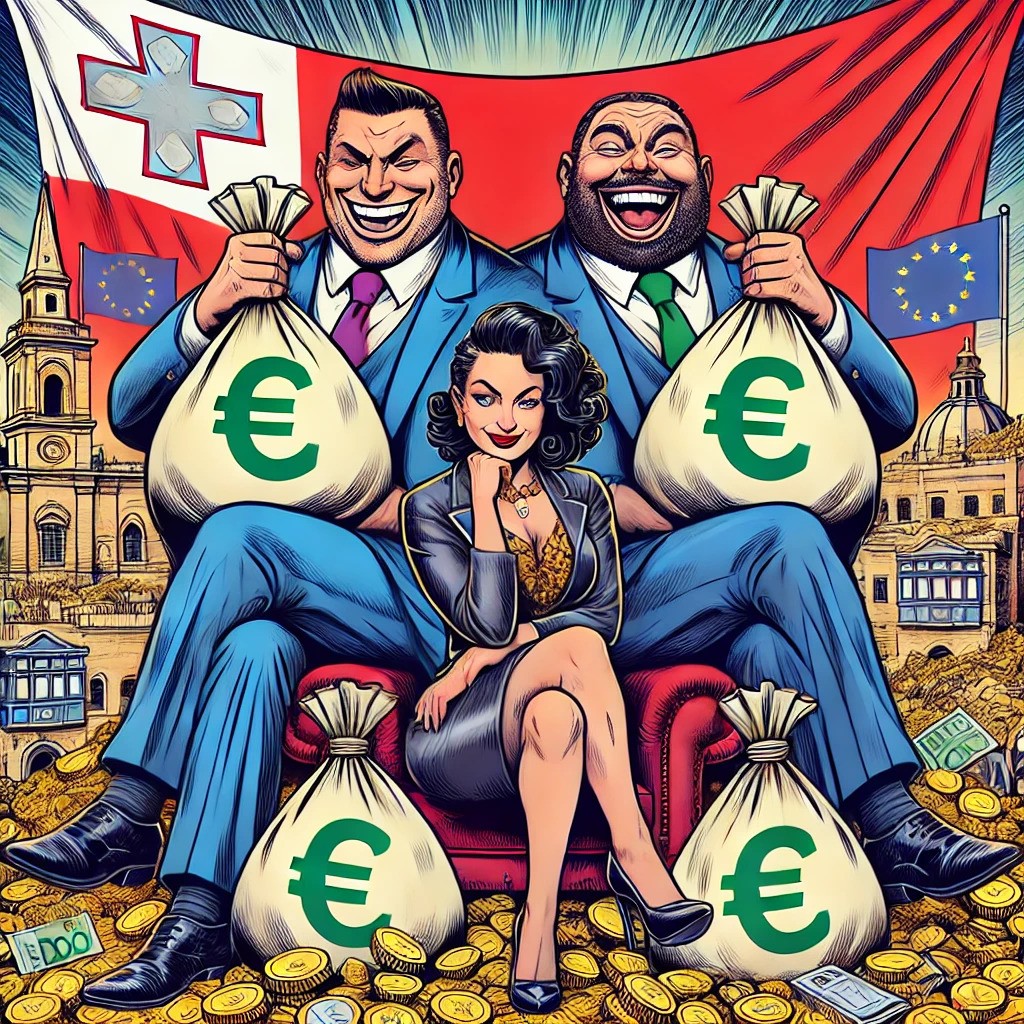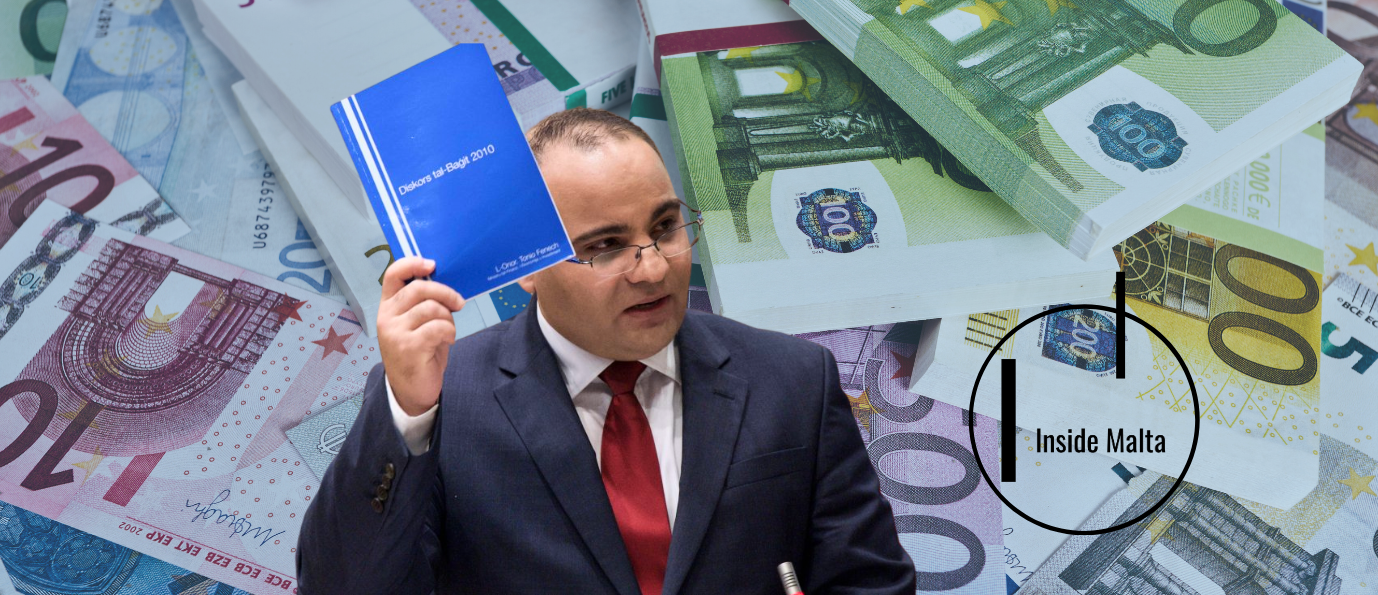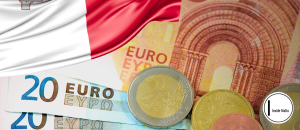We live in a world that is constantly changing. The world of finance, to be specific, is one that repeatedly modifies itself according to different trends and investment opportunities.
Today, the finance community has detected that the age of clear-cut, physical payment methods will soon vanish from the world. Subsequently, many countries are already in the midst of a storm called “Cryptocurrency.” One of the countries has been at the forefront of the effort to incorporate cryptocurrency into daily lives in Malta.
Crypto has been a part of our lives since 2008 when only the sector of the public that was tech-savvy was interested in such new developments in digital payments.
Slowly but surely, bitcoin became a household name in almost every sector of the public in developed countries, though many people didn’t realize its true purpose and intent so early in the game. The true intention behind the birth of cryptocurrency was to get rid of third-party involvement in money transactions. At the time of its creation, the trust in the government and the banking system was at an all-time low, and a search for new investment opportunities that make banks obsolete was at an all-time high.
Malta was one of the first countries to recognize the potential of regulating transactions that involve any type of cryptocurrency. At its core, the Maltese regulation for crypto is rather impressive and coherent. In addition to that, Malta also has created tax guidelines for deals and transactions made with digital assets, with the inclusion of any form of cryptocurrency.
Of course, One primary concern that was always present ever since the birth of crypto was security. Given that crypto was created to eliminate 3rd side parties, who are the “middleman” in digital transactions, that means different security issues might arise. Crypto trading essentially guarantees anonymity, which could lead to many wrongdoings in small and large transactions.
Malta has made it a priority to make the trading in crypto as direct and accessible as possible compared to other countries in the EU. Different laws and regulations that were set both in the income tax and the value-added tax were made to make the regulatory process as similar as possible to ones that are already being reviewed and approved with the more “traditional” money transactions.
On July 4th, the Maltese Parliament introduced the international investors’ community to the Innovative Technological Arrangement and Services Act, Malta Digital Innovation Authority Act. These acts were written and presented in order to give potential investors a clear picture of the potential investment opportunities that lay in Malta’s tax and regulations. Malta’s “can do” attitude regarding this subject has already borne fruits. Many large-scale cryptocurrency companies have already started the process of building offices and extinctions of their activities in our small Island country.
Inside Malta’s income tax regulations surrounding crypto, the Malta Commissioner of Revenue has implemented quite a rare approach to the status of the income made with cryptocurrency. All the guidelines that cover the applicability of transactions in crypto are simultaneously equal to those surrounding traditional money transactions. What does it actually mean? It guarantees that questions that have somewhat of an ethical nature, such as the nature of the deal, the status of the parties involved, and its intention, will still apply when reviewing crypto transactions.
With the ups and downs that loom within the concept of crypto trading and the apparent global decline in the market worth of such assets, it is unclear whether the continuity of crypto as a pillar of Malta’s economy will last much longer. However, even if the cryptocurrency market crashes overnight, Malta’s quick actions in this field have already opened the gates for further opportunities in the digital market.
With the rise of the metaverse and other big company concepts that are “threatening” to take over the market of consumers and private investors, Malta has a genuine opportunity to keep establishing itself as the frontrunner in the race to inhabit the world’s most extensive finance and tech initiatives. If Malta continues to push legislation that attracts investors, both the citizens of Malta and its government could benefit from such efforts in a long long-lasting, sustainable manner.


